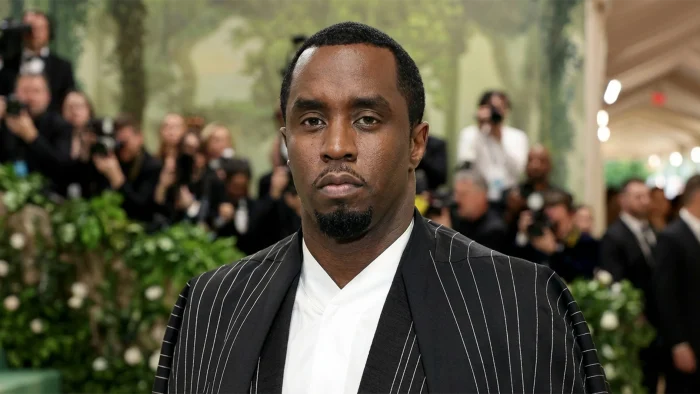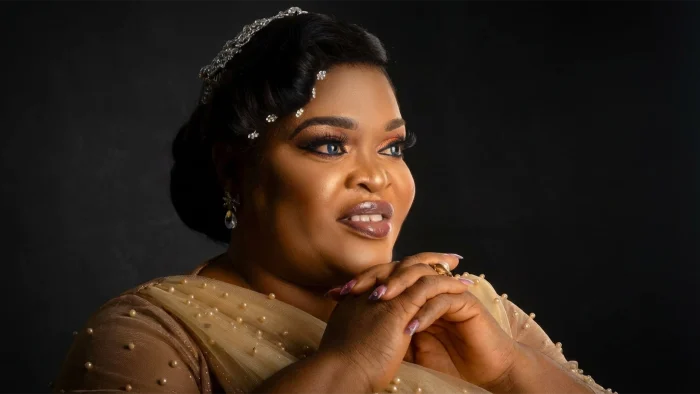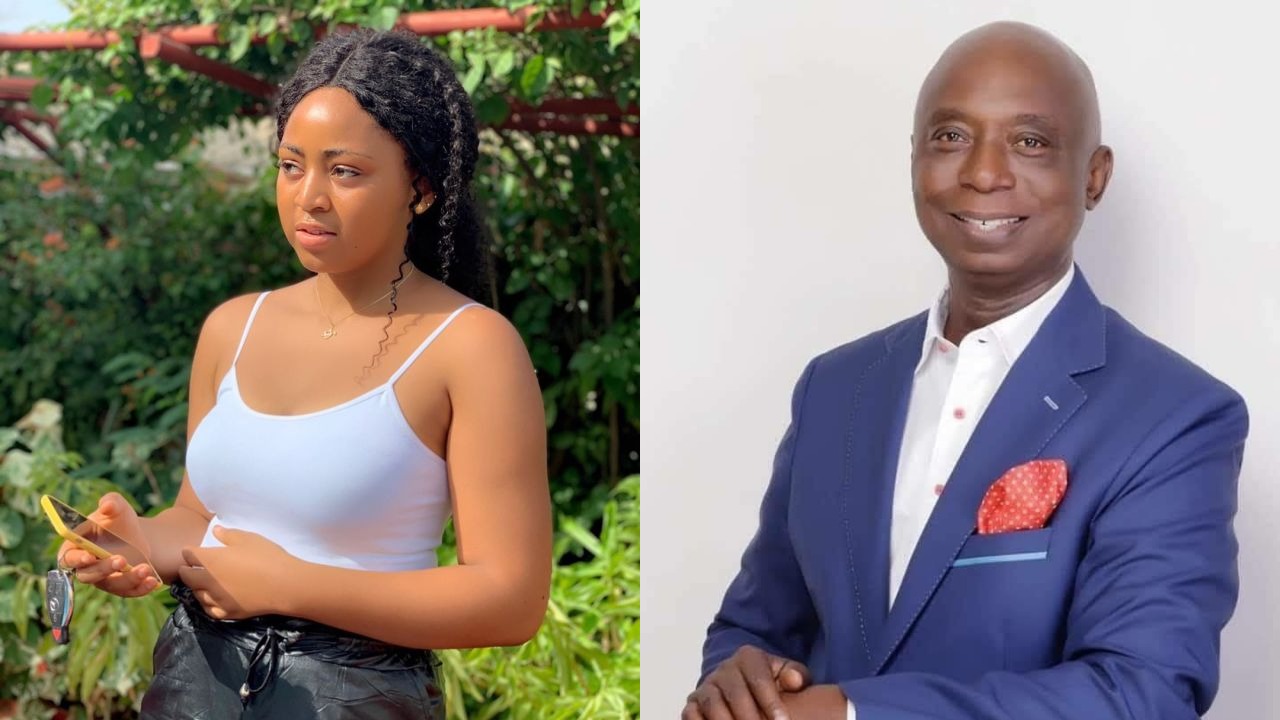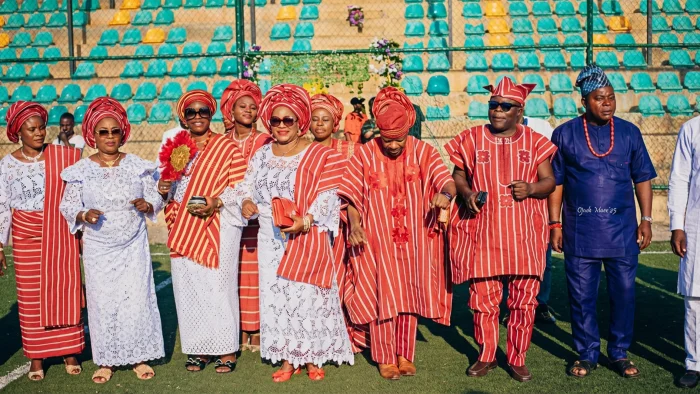On Wednesday, the 3rd of December 2020; Digital Africa (through its Executive Director; Ms Stephan Eloise-Gras) announced Mr Aphrodice Mutangana as Digital Africa’s Chief Operating Officer. He was the founder and previously the General Manager of Klab incubator in Kigali which has become a reference in Africa.
Matangana has several years of experience on several projects contributing to digital capacity building like Future Coders and also the Refugee School of Coding. He would be saddled with strengthening Digital Africa’s presence on the African Continent by establishing a network of digital entrepreneurship experts and supporting thematic hubs designed to source and scale up digital solutions for the real economy.
Another announcement was that Digital Africa would set up her Kigali presence in the first quarter of 2021.
According to Digital Africa; the initiative nurtures the talents of Africa’s digital start-ups and brings together a multinational community of partners who support Africa’s digital entrepreneurs, incubators, financial institutions, venture capitalists and technology clusters. And also develops expertise, creates knowledge-based communities, provides technical assistance, finances projects and businesses, eases market access and the creation of a regulatory environment that supports African innovation, supports high-impact digital start-ups, fundraises and sources finance to scale up Africa’s technological innovations and also advocates for policies that will drive digital entrepreneurship across the African Continent.
Digital Africa was established by the French Development Agency (AFD). The Digital Africa initiative was driven by President Emmanuel Macron of France. According to Digital Africa; the French President was “Determined to lay the foundations for a new relationship between Africa and its international partners through co-development that would support Africa’s active entrepreneurship.”
Some statistics to ruminate on: circa 130 million Euros financing assembled by the French Development Agency (AFD) to ensure innovative companies receive support during every phase of their development: 55 million Euros to cover early-stage start-up development, as well as incubators and seed funding, 70 million Euros for venture capital for Series A to C funding. And 5 million Euros in bridge funding to support start-ups impacted by the COVID19 pandemic which has disrupted the world in 2020.
There are about 60 committed partners affiliated, that is; Digital Africa brings together a community of partners in Africa’s technological ecosystem. And the alliance of committed partners has led to the emergence of a highly effective and collaborative ecosystem supporting innovative entrepreneurs on the African Continent.
I sat down with Stephan Eloise-Gras and Aphrodice Mutangana in Kigali, Rwanda; for an extensive interview on Digital Africa. Do read the excerpts.
First things first, Digital Africa? What is it about?
Stephan Eloise-Gras: Digital Africa is an initiative that was launched by the French President Emmanuel Macron in 2018, with a vision that only Made in Africa digital innovation can foster inclusive development and support new collaborations between Africa and France through youth, through entrepreneurship, through digital innovation.
That means that our mission is to equip African Tech entrepreneurs with capabilities to design and scale ground-breaking real innovations for the real economies. What is very important for us; we want to look at innovation technology brought to immediate impact, job creation, literacy, sustainable development, women inclusion and so on.
Basically, we are an organisation with an initiative with two aspects; one is the financial aspect which is run by our partner group (AFD French Development Agency Proparco) and we represent 130 million euros investment for African start-ups operated by AFD Propaco.
So, we have different funds and different financial products on offer. The other is a non-profit organisation (Digital Africa) whose CEO and COO are Stephan and Aphrodice respectively.
The organisation has three focus areas. Firstly, to support start-ups for high potential impact (that is digitally enabled start-ups with high potential impact). We are looking at capacity building, technical assistance, incubation etc.
The other is to source global finance to give more capabilities to entrepreneurs to scale up; in this context, we are talking about boost of funds which Digital Africa represents. We sort of fast track the pool of funds that AFD and Propaco operate.
[ad]
And also giving access to communities of venture capitals (VCs) and leveraging existing investment opportunities and packaging them. For example, with the ranking of the best seed entrepreneurs and the best early growth entrepreneurs. And finally, another angle that is very important for us is that; we are focused on supporting the innovation policies towards sustainable and inclusive digital ecosystems (looking at data policies, how can we support building data framework or digital innovation and entrepreneurial framework such as supporting start up acts, supporting technical assistance, e-commerce and data markets with a strong European stand point of view.)
Summarily, Digital Africa is an organisation which wants to support the digital entrepreneurs in Africa in all the moments of their journey and we want to bequeath to them; the total support systems (from early stage to early growth). As you know entrepreneurs’ journeys are not linear, so we want to ensure there is a support system at each stage of their respective journey.
So, basically put, Digital Africa would also assist African solutions emerge by providing around 130 million Euros in funding? How would these funds be disbursed? Do elaborate a bit more on this.
Gras: This is where Proparco comes in. Let me elaborate. So, in the French system for supporting investment in Africa, there is a group called AFD (and under AFD; the subsidiary in charge of private sector is called Proparco.) Proparco is a financial institution which makes investments or disburses loans to firms in the private sector.
[ad]
The institution has different financial instruments but for their venture capitalist activities (which I have to say is pretty recent), there are different funds for this aspect too. There are two strategies; direct or indirect investments. Previously, Digital Africa represented 65 million euros investment split across 20 million in venture capital; 15 million in early-stage grants (run by AFD not Proparco because when it is a grant, it is just subsidy.) Then, 30 million euros for late stage (series to late-stage private equity.) To sum it all up, Digital Africa is basically creating a fast-track access, creating a pipe (being a pipe of pipes.) What we are looking for is to support our partners with the capacity to identify either co-investment opportunities (working with other funds) or identify direct investment opportunities.
Since Africa is a Continent of 54 countries, how would Digital Africa promote more inclusive and sustainable development equipping Africa’s tech entrepreneurs with capabilities to design and scale-up their ground-breaking innovations?
Aphrodice Mutangama: We have many strategies. One strategy is to work with existing partners regardless of the borders. Already, we work with partners in many countries. Another strategy is that we have a programme called connectors to be launched soon. The connectors would be our personnel who would be on the ground to give us feedback on the opportunities, the challenges on the ground in several countries and the level of Digital Africa assistance; needed in these countries. Like Stephan rightly said, we are like a pipe and we are ensuring and endeavouring to smoothen the paths of entrepreneurs on the Continent.
How does Digital Africa intend to support high-impact digital start-ups on the Continent?
Mutangama: We have many ways of supporting entrepreneurs. There are different programmes we are putting in place; like a platform where entrepreneurs would be exchanging their experiences, trainings, investment astuteness and readiness, accessibility to finance. The last one is critical because as you know, sometimes in Africa, someone starts something because the person has a great idea but the individual does not see the end of the tunnel. But the factor of having Digital Africa is like an assurance that the individual can access the funds at the end. And it is something really important.
Going back to what Stephan Eloise Gras said about the 150 million euros and what Aphrodice Mutangama said about it too; people reading would be curious and would want to know with some clarification. Where does the fundraising and sourcing of finance come from?
Gras: For Digital Africa’s investment capabilities; it is French public funding (French public money basically.) But when you talk of co-investment; obviously, it would also entail funding from other parts of the world including African venture capitalists and investors.
We are very committed to not only give access to French public funding or European funding but also; to source finance in Africa and internationally because we believe that it is key to grow the level of investments in Africa in general.
We know that in 2019; there were about 2 billion dollars invested in Africa for African start-ups. A very important milestone. But it is still not enough when you consider that there are 54 countries and the ecosystems are blooming. And, however it ends, you need to factor in the Covid-19 pandemic which has generated other opportunities for digitally enabled start-ups because we know that in a cashless society, we do need to digitise and accelerate digitisation of solutions.
With that in mind, we have created a fund called bridge fund by Digital Africa which illustrates what I have just said about co-investments using French public money. But also, to support other investments and investors.
So, the bridge fund is a financial operation that supports a start-up between two rounds. We saw that with the Covid-19 situation, the investment market was contracting and we wanted to inform the start-ups and investors that; we want to support both of them.
We want to support start-ups because due to Covid-19; it might take more time for the start-ups to reach their KPIs (Key Performance Indicators) and get the funding they were hoping to have and the investor due to the slowdown of the economy; the investor has to put more funds on a specific start-up portfolio and can’t do other investments anymore.
So, in terms of international policy, what we want to do is to say, we know that this Covid-19 era is a delicate situation to go through; and we also trust that because it is a digitally enabled solution, the growth would come.
So, we are supporting both start-ups and the investors so that the investors can continue extending their portfolios and doing other investments and sustaining the whole ecosystems. So, that tells something about our philosophy and vision because basically, we want to make sure that whatever we do (investment, programme, connection etc) serves the whole ecosystem and not just one particular area.
How many initiatives so far?
Gras: We have launched Africa Next with several partners including BPI France (which is the French public bank for investment) and the community’s members include: AfricInvest, Antler, Attijari Invest, Co-Creation Hub, EchoVC, Greentec, Knife Capital, Lateral Capital, Partech Africa, Proparco, Sawari Ventures, 22OnSloane, Flat6labs Cairo, Flat6labs Tunis, Seedstars, StartupBootCamp. Africa Next is a community of VCs who meet every quarter to present their best portfolio companies to investors.
It is a free online service that we organise. We ask accelerators to local VCs who have some investment opportunities in portfolios to pitch in front of other VCs and investors. what is interesting about Africa Next is that it is an initiative that is based on co-optation which means that we don’t bring in new members of the whole community does not approve. We really want to be open and de-centralised; meaning that we believe that it is by choosing each other collectively that we would grow the market and investments for start-ups in Africa. And we know that this would support the emergence and promotion of these next champions. So, Africa Next is about supporting the next champions.
Over to you Aphrodice. What brings Digital Africa to Rwanda and with your wealth of experience in the ecosystem; what do you envision?
Mutangana: Digital Africa had been there; it is just coming to re-enforce its presence. We are opening soon in Rwanda to be able to have more leeway; increase and have more impact.
The fact of having more offices and more connectors in Africa respectively would aid Digital Africa in communicating the opportunities available from investments, trainings, scholarships etc. A major objective is to aid entrepreneurs, investors and the whole ecosystem. This is the reason we are having some offices in Africa; this is the reason we are having people. And also, this is the reason why we are having African partners who are on the ground to assist and ensure we have real impact which is felt.
Gras: Just to add to what Aphrodice pointed out; we have a team in Dakar in Senegal and we also have a team in Johannesburg in South Africa. For us, Rwanda is very much a hub because we want to address both Francophone and Anglophone worlds (yes, we are French led and initially launched by the French President); however, we are very much dedicated to addressing the whole Continent. That is also why we are looking closely at Rwanda and intensifying our partnerships locally with Rwandan organisations and Pan African organisations for example Smart Africa.
What next for Digital Africa on the African Continent in 2021?
Mutangana: Firstly, as we are all aware, the entrepreneurship ecosystem is new and growing in Africa. We are going to ensure we contribute to that. Secondly, it is to ensure we are like an added platform or vista to access finance, training (training of employees and future entrepreneurs.) Also, as Digital Africa is re-enforcing her presence on the Continent, what this portends is that the opportunities would multiply.
Gras: Also, what is coming is that Digital Africa and for its entire ecosystem would be releasing her white paper by the end of the year (2020) and that is what would showcase our objectives for the next two years and say, we have been working hard on pilot programmes for the last six months, we have engaged and discussed with many stakeholders; we have taken into account the COVID situation. So, what next? Bear with us, until our white paper at the end of the year. And really, it is a way for us to transparently and publicly say, this is what we want to achieve; who is with us? Who wants to join us? And how can we also with our efforts join your efforts? We want to convene and convey this very practical objectives and tangible outcomes.
So, what are they? We want to be able to train thousands of youths to digital jobs for the start-up economies such as product manager, java developer and any job that contributes to supporting start-ups in their growth and scaling up efforts. We want to support a hundred thousand entrepreneurs in the coming years with skills training either digital skills or entrepreneurial training. We want to contribute to the expansion and growth of several products (Make in Africa digital innovation) whether hardware or software. We want to be able to state that we gathered hundreds of VCs and supported them in co-investing.
We also want to be able to state that we have been able to gather people and supported several start-up acts with our partners. One thing I would like to point out is that we are committed to result and concrete action and we want to be judged on that. But we also have a strong philosophy that digital entrepreneurship in Africa has a foot in innovation and science.
So, we really want to participate to the development of a knowledge structure and say “Made in Africa” digital innovation is not made in Europe, USA, China etc but that it has its own KPIs; its own knowledge; its own science. This is very much a driver for us.
[ad]








